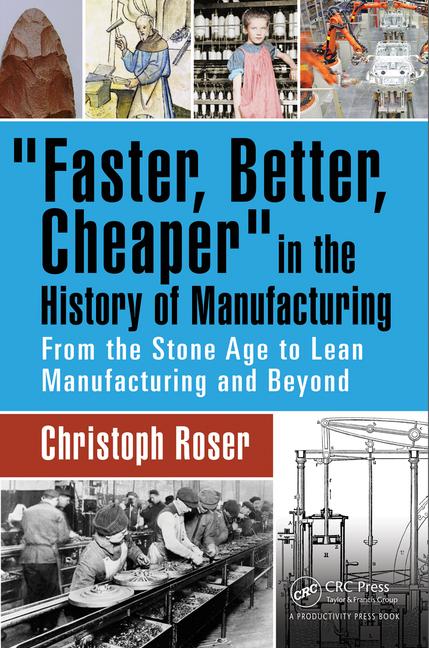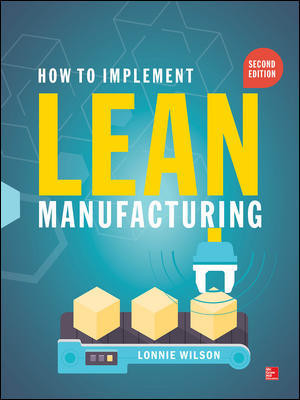Among manufacturers of electronic products, few have been as vertically integrated as Fluke Corp. (Everett, WA). Indeed, this manufacturer of electronic test and measurement equipment once fabricated all its printed circuit boards (PCBs) and even printed all its user manuals.
Times change. Like its competitors, Fluke now outsources many aspects of production, though it sometimes does so reluctantly. To get some insight into how electronics manufacturers make "build-or-buy" decisions, we spoke with David Gunderson, a project manager with Fluke Networks, a recent Fluke spin-off specializing in installing, maintaining and monitoring communications networks.
Q: What variables should be considered when deciding to outsource?
Gunderson: There are several. Inside development costs vs. outside nonrecurring engineering [NRE] charges, including the cost of developing test equipment and fixtures and the cost of training. Inside factory costs vs. transfer costs from the contractor. The cost of setting up and managing a new process, including facility preparation costs and the cost of new space. The cost of maintaining a liaison office to manage the outsourcing effort vs. the cost of managing the inside operation.
Other issues to consider include delivery lead time, reliability, flexibility and the affects of volume and mix. Some contractors are not set up for low-volume, high-mix assembly, while others are not set up for high volume. Is the contractor ISO-9000 qualified? If not, it will cost a bit more to qualify the vendor. Who will maintain the design? Will the contractor outsource some of the job? Is that source reliable? Will the culture of the contractor mix well with your company's culture? Get references and an analysis of the contractor's financial health.
Q: It's one thing to compare sourcing costs on a spreadsheet, but it's another thing in the "real world." How do the numbers usually work out?
Gunderson: It almost always appears less expensive to do a manufacturing operation inside your company than outside. However, outsourcing decisions are often made, not based on the numbers, but on the willingness of department managers to commit to the work. If the affected managers want the work inside, it will likely be done inside no matter what the analysis says. If they say no, it will be outsourced, even if the financials look bad.
Q: How do outsourcing decisions affect product development?
Gunderson: Outsourcing portions of new product development usually increases the project management effort. It's just easier to manage an internal group than one at another company. Information is almost always lost when communicating between two companies. Corporate culture differences make misunderstandings common. Also, outsourcing increases product development cost because the vendor needs to make a profit on engineering efforts.
On the other hand, it's sometimes easier to get a lump sum for outside NRE approved than to hire a new design engineer. Corporate financial people view a new person as an ongoing commitment, while outsourced NRE is a one-time event.
Q: How do manufacturers decide what their "core competencies" are?
Gunderson: That's a tough one. It's usually a highly political decision, which is the wrong way of going about it. People think: "If my department is not one of the selected competencies, I might lose my job."
My method is to ask customers. If our customers do not perceive an activity as valuable, then it's suspect. If it shows through as an essential product or service, it's likely core to our business. I look at how well we can do that activity compared with others doing the same thing. If we can't be at or near the state of the art, due to volume or the cost of maintaining that level of expertise, then it's suspect. If we do it better than most and are willing to hold that level of expertise, it's a candidate for core status. I also look at whether we want an activity to be a barrier to competition. If it will take a while for our competitors to do something as well or better, then we have an advantage.
Q: Some experts argue that companies that rely too much on outsourcing risk losing their manufacturing expertise, or worse, enabling competitors. Are those legitimate concerns?
Gunderson: Definitely. When you outsource something, you can't help training the vendor in some way. There is nothing to prevent them from using that knowledge to become a competitor or to enable one. The key is to choose vendors that are not in a related business or are unlikely to want to be a competitor. That doesn't fix the problem, but it helps. And, it doesn't fix the problem of the vendor being purchased by a competitor, which has happened to us!
There's also a danger of losing critical expertise. In most electronics today, the design of the circuit depends on the design of the [PCB], the plastic case, the assembly process and many other factors. If the circuit designers are cut off from information on these other disciplines, their ability to design cutting-edge circuits will be affected.
Q: What advice would you give an engineer who has just been assigned the task of working with a contract manufacturer?
Gunderson: Do your homework and write a good specification detailing what is to be done, who will do what, and when the expected outcomes will happen. You should start this before talking to potential partners and refine it as you discuss the jobs with them. If you don't have enough knowledge to do this, hire a consultant or find an expert inside your company. Share this material with each potential partner and ask them to comment on any portions of the work that make it hard or expensive. Then, try to redesign or refine those tight sections.
Learn the vendor's technical vocabulary. If you can talk to them in their own specialized language, even poorly, you're going to get better communication. Go to trade shows relating to the potential vendor's discipline and scope out their competition. If possible, do a rough estimate of the cost to do the task inside the company and use that to evaluate vendors. Try to find someone located near your home facility or plan on a fair amount of travel and communication overhead.



